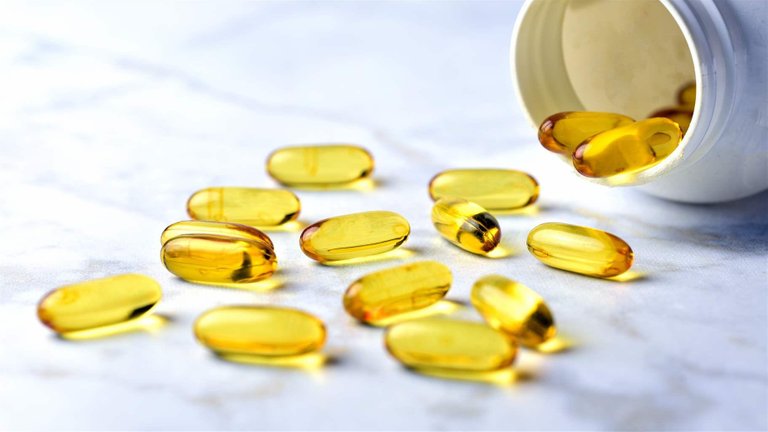The US dietary supplements marketplace is expected to exceed $46 Billion USD this year, and with more people trying to take control over their health and lifestyle, supplements growth is expected to continue well into he future. The supplements marketplace includes products such as multi-vitamins, minerals, herbs and botanicals, but also covers products such as omega-3s, probiotics, protein supplements, minerals, CoEnzyme Q10, astaxanthin and other carotenoids, many polyphenols, and even ingredients like melatonin.
With the rise of the Internet and now Amazon, more products are being sold online than ever before. it used to be that you walked into a health store, CVS or Whole Foods, or bought from a multi-level company, ordered from a catalog or naturopath. Many more purchases though are not going through those traditional channels, giving rise to new brands and also fewer barriers to entry. This means that many, but not all online brands are either counterfeit, or are of inferior quality.
How do you tell quality in a supplement?

These days, people often rely on reviews to tell about products, but since most supplements aren’t ‘experiential’, how do consumers really know they’re working, or even that they have what’s supposed to be in them really in them? This is where if it sounds too good to be true, often from a cost standpoint, it likely is. Here’s where most consumers should go to the company’s own website, verify that they’re legit, find out a little about what they stand for and how transparent they are, then look for certifications and seals from reputable groups such as non-GMO, NSF, USP and also if they are really a part of the industry, by checking which trade associations the company belongs to. Unfortunately most consumers won’t do this, just like they won’t check the FDA’s records of those companies that have manufacturing deficiencies noted in what’s called a 483 notice.
There’s so much more accountability in a health food store, where there’s at least some form of company and product vetting process. Now, I'm a digital guy and I like the fact that we can get supplements online, but I’ve also been in this industry for over 20 years. And there are some brands I won’t buy, even if someone paid ME.
Again, if it sounds too good to be true, it likely is. Certain ingredients cost real money, and so if the cost of the finished product is half or less than others in the same category, for the same dose and ingredient list, this should be a warning sign. Again, look for the company’s website, and if it doesn’t exist or looks odd, again, that’s a sign.
One last thing. In many categories, proprietary branded ingredients are what has been used to establish the science. what happens next is that companies make cheap knock-off ingredients to commoditize the categories. These knock-off ingredients have no science, but since many are not made the same way the original ingredients are, there is also no formal safety data or process. So look for these branded ingredients on product labels.
It's tempting to go for the "cheap stuff", but when it comes to health, quality really does matter. Thank you for this article.